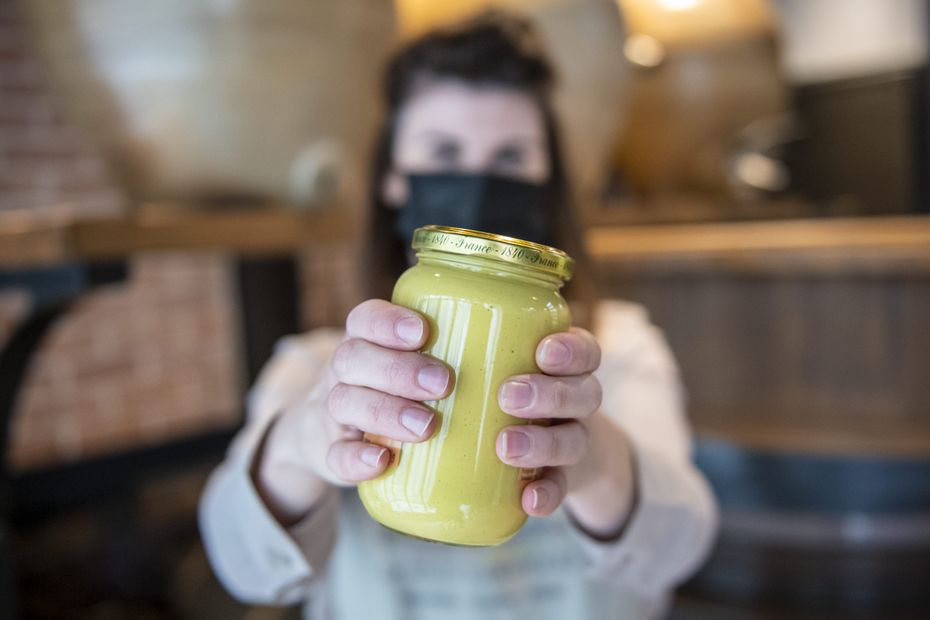Due to climate change, Dijon mustard is facing seed shortages and significant price increases. Mustard makers and producers are sounding the alarm.
Will Dijon mustard be the next victim of climate change? Between rising commodity prices and shortages, the industry is facing an unprecedented crisis. The cause is a 28% drop in mustard seed production in Canada, the world’s largest producer. This fall is mainly due to a major drought in the west of the country.
“Those who want premium mustard are going to pay more“, summarizes Ramzy Yelda, analyst of commodity markets. And prices are expected to reach record levels, up to 1700 dollars per tonne (about 1510 euros).
In Burgundy, where the majority of mustard manufacturers are located, the situation is just as alarming. “We’re in a crisis we’ve never seen for 25 years“, laments Christophe Planes, sales director for France at”Queen of Dijon“, a subsidiary of the German group Develey.”The price of seeds has increased three or four times and maybe five soon.“
There is no more offer.
Christophe Planes, Sales Director France at Reine de Dijon
–
To this increase is added the rise in the costs of the materials used for the mustard jars: + 42% for the metal caps, + 12% for the glass, + 20% for the cardboard. For its part, white wine from Burgundy, another essential ingredient, saw its price double due to episodes of late frost in spring 2021.
“In addition, there is no offer“, continues Christophe Planes. “The rarefaction is such that there is a potential reduction of 50% of the seeds. Our production is therefore less than 50%.“
If the cultivation of seeds has made Dijon’s reputation since the Middle Ages, it has since suffered a sharp decline. The cause is the globalization of trade and competition from countries with higher returns.
Sometimes we don’t have any production at all
Fabrice Genin, mustard seed producer
–
“The production of Burgundy seeds has been divided by three in four years, from 12,000 tonnes to 4,000 tonnes in 2021“, underlines Fabrice Genin, producer of mustard seeds in Côte-d’Or. Despite recovery efforts, local farmers are indeed suffering from global warming, which would cause an increase in insect populations.
“The industry no longer has the right to use insecticides, although they are authorized in Canada“, laments the farmer.”Sometimes we don’t have any production at all.“
Faced with the increase in costs, the mustard makers have decided to increase their prices. At the house of Fallot for example, the last French company in the sector, an increase between 7 and 16% is expected.
–


